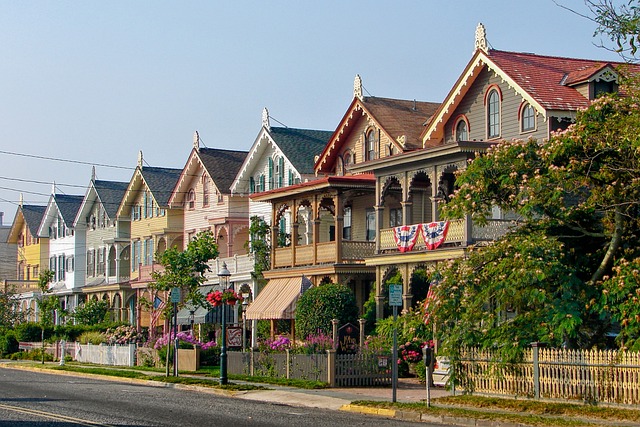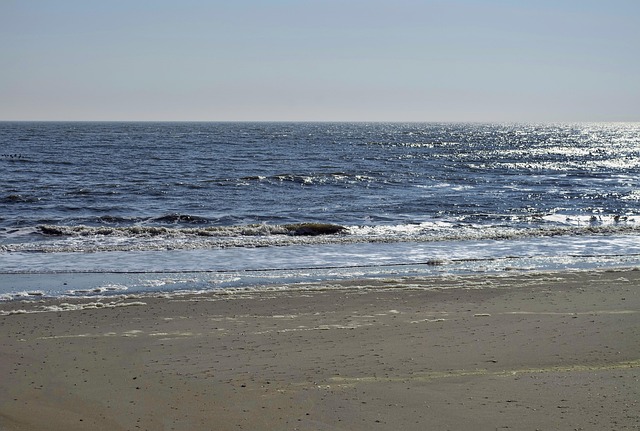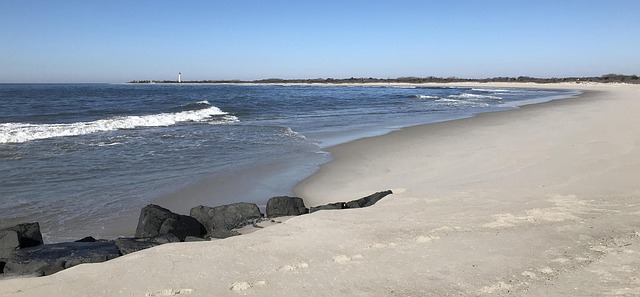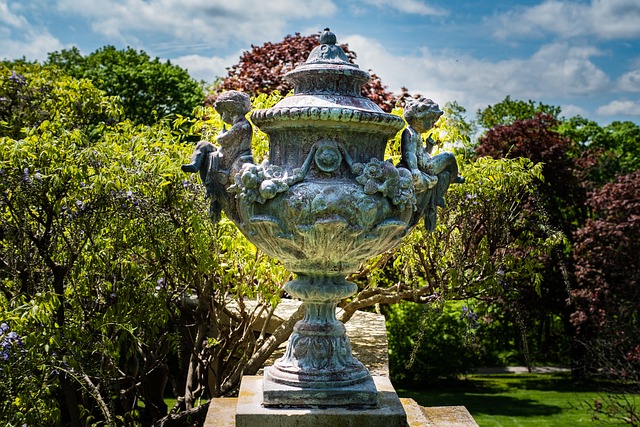The Thomas Edison National Historical Park in West Orange, Essex County, New Jersey, offers a unique window into the life and work of one of America's greatest inventors. This park, which includes Edison's former laboratory and residence, such as the iconic "Glenmont," is where he developed the phonograph, electric light bulb, and other significant inventions. It serves as a testament to his innovative spirit during his most productive period. The site features original machinery and exhibits that illustrate Edison's scientific achievements and his impact on technology. Beyond being a historical site, it actively engages visitors with educational programs in STEM, promoting an understanding of and appreciation for the advancements in science and technology that Edison pioneered. As a vital cultural landmark in Essex County, New Jersey, the park is a living tribute to creativity and ingenuity, providing an immersive experience into the era of the Industrial Revolution and highlighting New Jersey's historical significance in innovation. It stands as an inspiration for visitors to explore the evolution of technology and continue the journey of discovery that Edison initiated over a century ago.
Discover the enduring legacy of Thomas Edison at the Thomas Edison National Historical Park in West Orange, Essex County, New Jersey. This article invites readers to explore the site where Edison’s groundbreaking inventions, including the phonograph and the light bulb, were brought to fruition. Delve into the meticulously restored laboratory that stands as a testament to innovation, offering an immersive experience into the mind of one of history’s most prolific inventors. Stroll through the botanical beauty of Edison’s gardens, which once inspired his scientific endeavors and contributed to environmental conservation in Essex County. Through this journey, learn about the park’s dedication to preserving Edison’s inventive spirit and educating visitors on the importance of science, technology, and innovation—a legacy that continues to inspire inventiveness and discovery.
- Exploring the Inventive Legacy of Thomas Edison at West Orange, NJ: A Journey Through Innovation
- Dive into the rich history and scientific contributions of Thomas Edison at his former laboratory and home in West Orange, Essex County, New Jersey. Discover the birthplace of groundbreaking inventions that shaped the modern world, including the phonograph and the light bulb, within the very walls where Edison brought his imaginative ideas to life.
- The Laboratory That Changed The World: Inside Thomas Edison's National Historical Park in Essex County
Exploring the Inventive Legacy of Thomas Edison at West Orange, NJ: A Journey Through Innovation
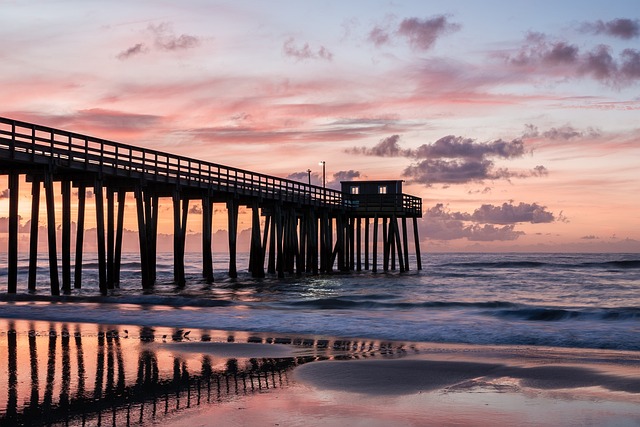
In the heart of Essex County, New Jersey, the Thomas Edison National Historical Park in West Orange offers an immersive window into one of history’s most prolific inventors. This site is a testament to the indelible mark Thomas Edison left on innovation and technology. Visitors can wander through the very lab where Edison, often referred to as America’s greatest inventor, developed the phonograph, the first practical electric light, and the Klein bottle, among countless other contributions to science and industry. The park preserves the extensive complex of laboratories, workshops, and homes that were part of Edison’s everyday life during his most productive years in the late 19th and early 20th centuries. Here, one can explore the intricate machinery that powered his experiments, the vast record storage building, and the historic buildings that now house exhibits showcasing Edison’s inventions and their impact on modern life. The park not only celebrates Edison’s ingenuity but also offers educational programs and events throughout the year, inviting visitors of all ages to engage with science, technology, engineering, and mathematics (STEM) principles that Edison himself championed.
The significance of this Essex County, New Jersey site extends beyond the historical; it serves as an inspiration for future generations of inventors and thinkers. The park’s commitment to preserving Edison’s legacy includes maintaining his research facilities in a state of preservation that allows for both static display and dynamic interactive experiences. This juxtaposition of past and present encourages visitors to consider the evolution of technology and the continuous drive towards innovation, much like what Edison himself embodied during his time in West Orange. The National Park Service’s stewardship ensures that the inventive spirit of Thomas Edison continues to be a beacon for those who seek to understand the intersection of creativity, industry, and scientific advancement.
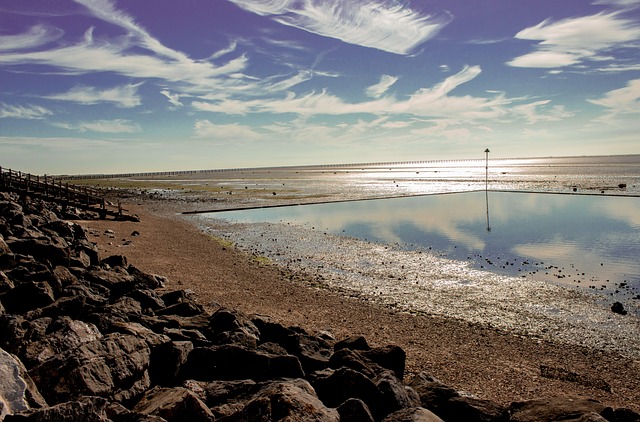
Thomas Edison National Historical Park, located in West Orange, New Jersey, within the heart of Essex County, offers a captivating window into the life and legacy of one of America’s greatest inventors. This significant site preserves Edison’s largest and final home, as well as his research laboratory where he developed many groundbreaking innovations. Visitors can explore the very spaces where Edison and his team worked tirelessly to bring countless inventions to fruition, including the phonograph, the electric light bulb, and the motion picture camera. The park not only honors Edison’s contributions to technology but also provides a tangible connection to the Industrial Revolution’s impact on American society. Essex County, with its rich history and cultural significance, serves as an ideal backdrop for this national historical park, attracting history enthusiasts, families, and students from across the globe. The site is a testament to the spirit of ingenuity that has long been associated with New Jersey, inviting all to engage with the past and draw inspiration from Edison’s relentless pursuit of progress.
Dive into the rich history and scientific contributions of Thomas Edison at his former laboratory and home in West Orange, Essex County, New Jersey. Discover the birthplace of groundbreaking inventions that shaped the modern world, including the phonograph and the light bulb, within the very walls where Edison brought his imaginative ideas to life.
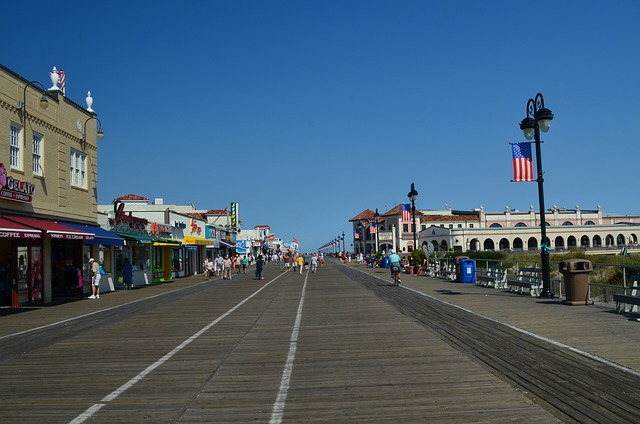
Thomas Edison’s historic laboratory and home in West Orange, located within Essex County, New Jersey, stand as a testament to the ingenuity and relentless pursuit of innovation that characterized the legendary inventor’s life. This National Historical Park offers visitors a window into the world where some of the most pivotal advancements in modern technology were conceived. It was here, among these storied halls, that Edison developed the phonograph and the incandescent light bulb, inventions whose impact on daily life can scarcely be overstated. The laboratory itself, a hub of creativity and experimentation, is where Edison’s prolific mind turned theory into tangible reality. The meticulously preserved site allows today’s guests to walk the same paths as the inventor and his team, offering an immersive experience into the process of invention that changed the course of history. Essex County’s role in this narrative is significant; it was the fertile ground from which some of humanity’s most transformative technologies sprouted, thanks to Edison’s vision and perseverance. The park not only preserves the physical structures but also the spirit of curiosity and determination that define the legacy of Thomas Edison, a legacy deeply rooted in the rich soil of New Jersey.
The Laboratory That Changed The World: Inside Thomas Edison's National Historical Park in Essex County
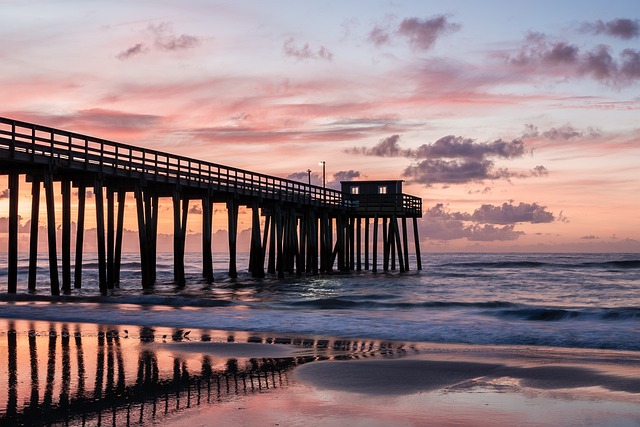
Thomas Edison National Historical Park in West Orange, New Jersey, stands as a testament to one of America’s most prolific inventors and his contributions to the world. Known as “Glenmont,” Edison’s former home within the park is where innovation thrived. It was here that Edison developed some of his most groundbreaking inventions, including the phonograph and the electric light bulb, which profoundly impacted the 19th and 20th centuries. The laboratory itself, a marvel of its time, was equipped with everything necessary for scientific experimentation and was a hub of creativity and industry. Today, visitors to the park can explore the meticulously restored laboratory, offering an intimate look at the workings of Edison’s mind and the methods he employed to revolutionize technology. The park is situated in Essex County, New Jersey, providing a window into a pivotal era of American history and the transformative power of invention. It’s a place where the past and present intersect, allowing individuals to engage with the legacy of Thomas Edison and understand the significance of his work within the broader context of technological advancement. The site not only preserves the physical structures but also the spirit of curiosity and innovation that still resonates today, making it an essential destination for history enthusiasts and curious minds alike.
